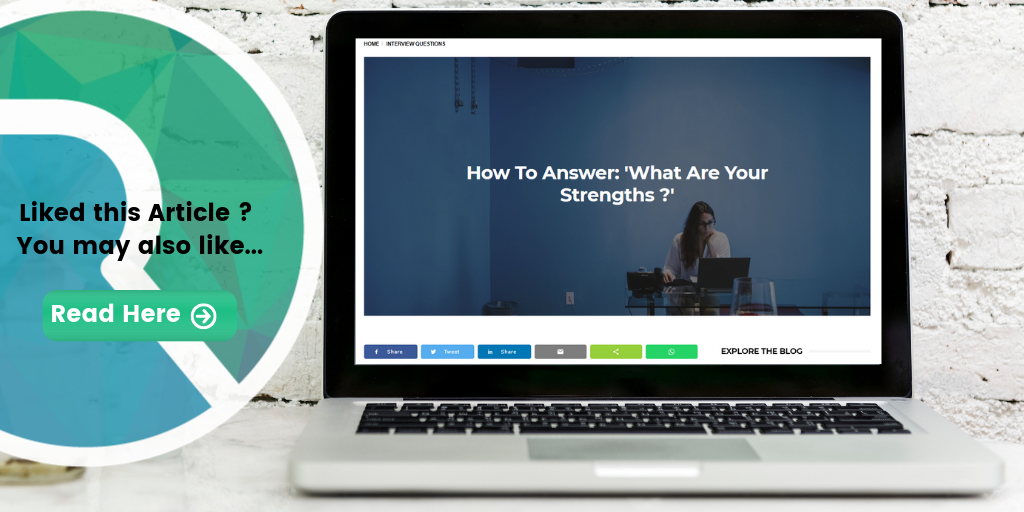An interviewer may start an interview by asking you with a flexible question like. “Tell me about yourself?”. This is a question to ease you into the interview process. It’s a means for the hiring manager to get a better insight into what type of personality you have and to see if you are the right cultural fit.
Don’t give away too much or too little information
Giving away too much or too little information isn’t the best approach. The hiring manager doesn’t want your life story but at the same time not mentioning enough information may make him or her question why you aren’t more open.
Be sure to be sensible in what you say. Don’t talk about argumentative topics such as politics or religion as you don’t know what way the interviewer would respond to these topics.
Try not to spend too much time talking about pastimes or family commitments as the interviewer might think you wouldn’t be able to fully commit to the job.
Interests
It may be appealing to just ramble off your main qualifications that are relevant to the role, however, a modest approach may be the best approach. It will assist you in building a relationship with the interviewer.
One angle you could take is to talk about a pastime which doesn’t correlate directly with your career. For example, you could discuss your interests in music, running, golf or football.
Hobbies like marathon running and triathlons which showcase that your healthy and energetic are worth saying. Interests such as reading, or brain teasers will show the interviewer you also have an intellectual liking. Also, hobbies like golf would be beneficial in mentioning in the case of entertaining clients.
Mentioning that you do volunteer work will indicate that you are an individual that is at ease working together with others. It shows that you have a strong work ethic which is something the hiring manager will be looking out for.
Like “tell me something that isn’t on your CV”, the aim here is to go about expanding beyond your CV. It is worth noting that this is a chance to build a connexion with the interviewer. Nevertheless, be wary that you are not too passionate about your hobbies as you don’t want them thinking they are more important than your career. No business wants to take on someone that will miss huge chunks of work to take extended holidays to follow a hobby.
Conversion switch from Personal to Professional
Once you talk a bit about your own personal background you can lead into discussing some important work attributes that would help you to add value if you were hired for your target job. For example, “As well as my hobbies, my career is a massive part of my life and I would like to discuss some of the strengths which I could bring to this role”.
Discuss your strengths
Have three or four skills you want to mention ready that are relevant to the job description. Of course, you will want to discuss more strengths over the course of the interview but try and prioritise the main ones and mention that you have many more that you will talk about as the interview develops.
In the beginning, you should only mention the skill and refer to it in brief. For example, you could say that you relish presenting sales presentations to potential clients. Later, in the interview, you can expand on it by being more specific and detailed in discussing situations, interventions, or results flowing from your strengths.
Example of an answer that moves the conversation from talking about your personal interests to your professional expertise is as follows:
In my spare time, I like to play football with my local team where teamwork is of paramount importance. I feel teamwork is one of the most essential parts of my work career too. Being comfortable in a teamwork environment has helped me work in group projects successfully.
Stay clear of argumentative topics
Generally, you should avoid talking about argumentative topics like politics or religion. It is imperative to avoid any references to matters that would cause concern about your ethics, character, productivity, or work ethic.
Perfect practice makes perfect
No matter what interview questions you’re preparing for, practising can help you polish your answer and give you more confidence. If you know exactly what you’re going to say to “Tell me about yourself” and how you’re going to say it, you will have no problem answering during an interview. If you’d prefer to practice more, organise a mock interview. Or if you’d prefer, sit in front of a mirror and practice your response to yourself, keeping in mind your body language and eye contact.




